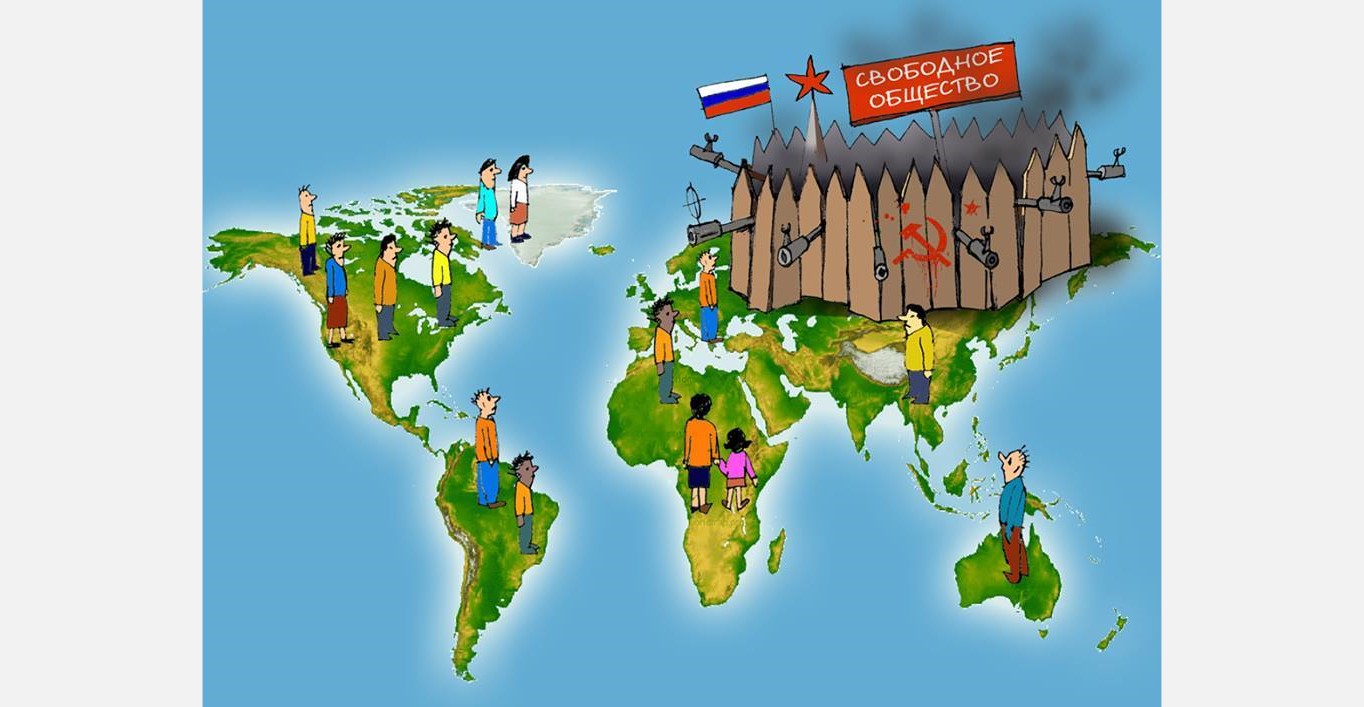The Bellingcat investigative journalist outlined this plan in a presentation to this year’s Lennart Meri Conference in Tallinn saying he has sources on this within the Russian special services (youtube.com and ehorussia.com).
Grozev said that, within two years, Moscow will have the capacity to slow down transmission speeds to 24 kilobytes per second, returning users to the situation they faced in the 1990s when they used dial-up services. Most Western sites are so picture-heavy now that such a slowdown would lead most Russians to avoid using them.
While the Russian foreign ministry dismissed the Tallinn forum as a group of “rabid Russophobes,” Moscow officials continued to work at the very same time in the very direction Grozev described, blocking six VPN services in Russia, services that users employ to prevent those in political police monitoring the Internet from getting their names.
Many Western and some Russian analysts have suggested that Moscow can’t technically block the Internet unless it took steps that would have such a negative impact on the economy that even the Kremlin wouldn’t be prepared to go that far. But a slowdown of the kind Grozev mentions is something they could live with.
Read More:
- Pandemic prompting Russia to reaction, isolation, and decay, Shevtsova says
- Reflexive control and hybrid warfare: an introduction into the 21st century Cold War
- 30 years of “color revolutions”: historical revisionism of Russian propaganda
- From English into Russian into Czech: re-translation as a Russian propaganda’s manipulation tool
- Moscow has put the Russian Internet ‘under martial law,’ Agora says (2017)
- For Putin, Russia’s isolation is a strategy not a misfortune (2015)
- Russians say international isolation is fine, but lower incomes and loss of Internet access aren’t (2015)
- Why Ukraine has the world’s cheapest broadband and why the USSR had no proto-Internet
- Internet troll confession: “We provoke a new level of aggression in our victims”




